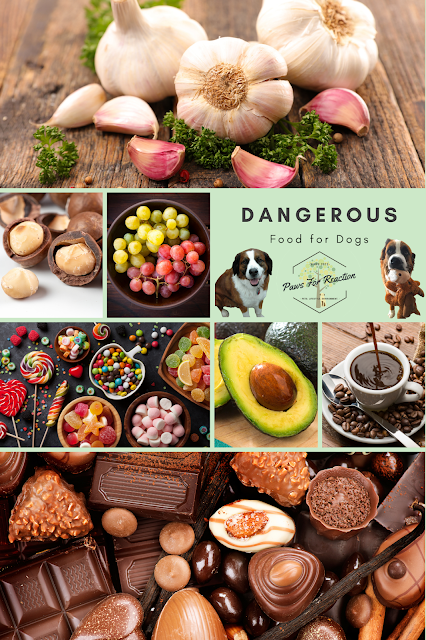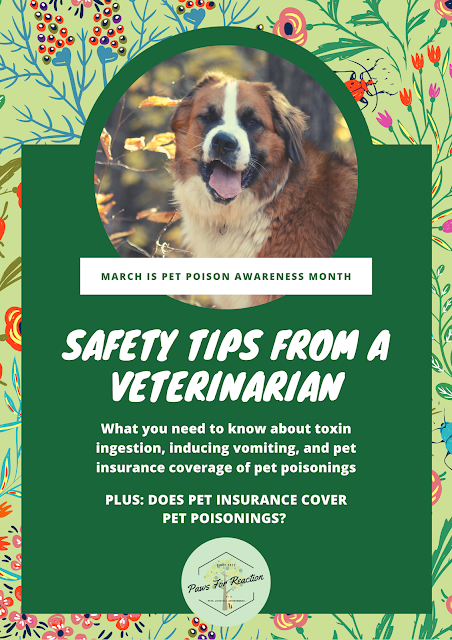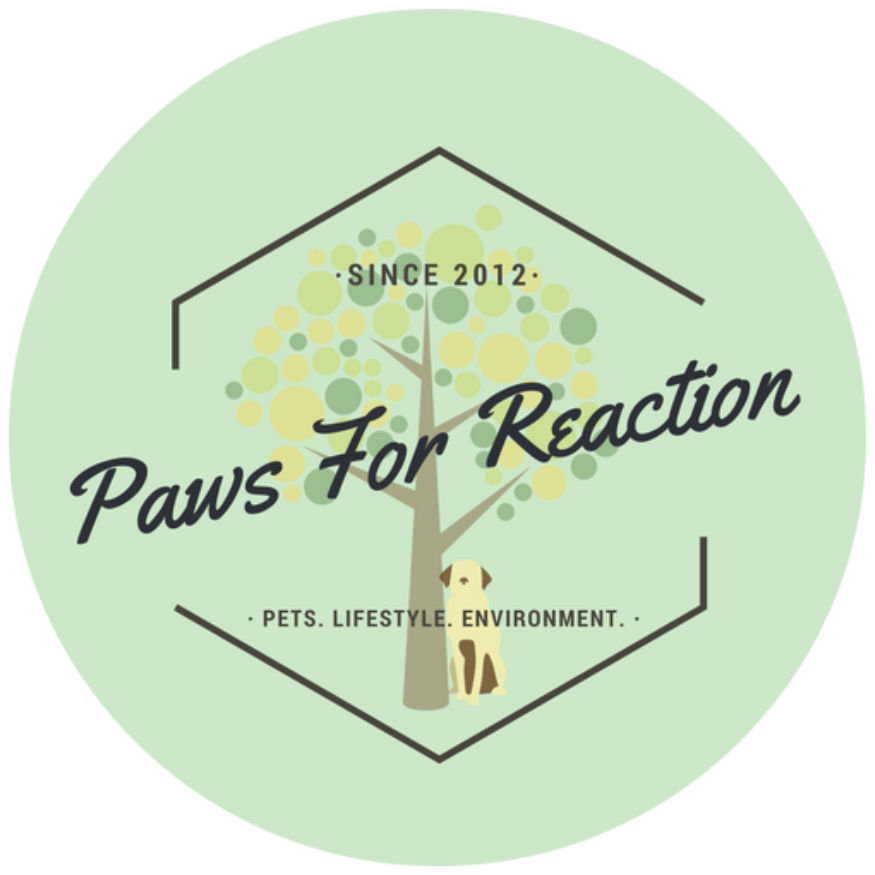Ask a Vet: What you need to know about toxin ingestion, inducing vomiting, and pet insurance coverage for pet poisonings
There is no other moment in a pet owner’s life that is more fear-inducing than when a pet ingests a toxin. It’s hard not to panic when you catch your cat licking a lily or come home to your dog surrounded by ripped-open candy wrappers, looking up at you with a chocolate-stained smile. Heart racing, you run to the phone to call your veterinarian or jump online to search if the item is toxic. We know we have to act fast when a pet is poisoned and veterinary treatment can be expensive. We also need to do things to prevent possible poisoning. But pet owners have other questions. What do I do if my dog or cat ate something toxic? What are common household toxins for pets? Are pet poisonings covered by pet insurance?
I asked my friends at Pets Plus Us pet insurance those questions and more. Since March is Pet Poison Awareness Month, they too were preparing to educate pet owners about potential pet toxins. I connected with Veterinary Advisor at Pets Plus Us pet insurance Dr. Jennifer Sperry to find out more about pet poisonings.
Common household items that are toxic to cats and dogs
When you’ve worked in veterinary medicine as long as I have, you learn a lot about potential pet toxins. Many of them, like chocolate and vermin baits such as rat poison, I was already aware of. But the truth about toxins is that many common household items and foods that are poisonous to cats and dogs may surprise you. I asked Dr. Sperry what is the most surprising toxin that most people aren't aware of?
“Lilies, for cats, which can cause renal failure,” said Sperry. “Artificial sweeteners, which can cause hypoglycemia and liver failure in dogs; and macadamia nuts, which can cause temporary weakness, vomiting, and diarrhea in dogs.”
Lilies are so toxic to cats that they can eat small amounts, or even lick the pollen, and be poisoned. A common artificial sweetener used in human food is Xylitol. This ingredient is highly toxic and pet owners need to be especially careful when feeding their pets table food. Some light peanut butter contains Xylitol.
“Usually, people don’t know these items are toxins until it’s too late,” said Sperry.
Sometimes pet owners will give their pets human medicine with the best intentions. There is a lot of misinformation about human medications being safe for pets bouncing around social media. Some human medications are safe for use in canine and feline medicine; however, these medications should never be given unless under the strict advisement and monitoring of a veterinarian.
“Acetaminophen- aka Tylenol- people often assume is safe for pets because it can be given to babies. It is particularly toxic for cats, causing liver damage and a blood disorder called methemoglobinemia.”
Inducing vomiting when your pet ingests a toxin
The likelihood your pet will eat something they shouldn’t in their lifetime is very high. Knowing the urgency of the situation, some pet owners will try to induce vomiting. They may not know how to induce vomiting in a dog or cat. Believe it or not, inducing vomiting in a pet at home is not always safe. Dr. Sperry points out that there are risks that come with inducing vomiting in pets and the home remedies that are recommended on the internet.
“Most of the time, we have a narrow window of time to induce vomiting and get a toxin out of the stomach before it can make an animal sick,” Dr. Sperry said. “So, the major risk of trying to induce vomiting at home is the loss of precious time.”
If you don’t get to an animal hospital quickly your pet could suffer from organ failure. Inducing vomiting at home is difficult for those who don’t have the right medication, equipment, and expertise. Those moments are too critical and should be spent getting your pet to the doctor.
“Additionally, most home remedies for inducing vomiting are substances that irritate the lining of the stomach to trigger the vomiting. This can actually cause serious damage to the stomach, leading to ulcers and scarring. Animal hospitals have gentler, more reliable drugs to induce vomiting,” explained Dr. Sperry. “Any time we have to induce vomiting, either at home or in the hospital, there is a risk that the pet could aspirate (inhale) the vomit. This can lead to pneumonia. If aspiration happens, it’s best to be at the hospital so that the issue can be recognized and treated quickly.”
Something pet owners often don’t think of is the after-effects of inducing vomiting. Once the pet has vomited the stomach contents, they don’t magically feel better. Purging the stomach is not an enjoyable experience. Aftercare is needed, and that aftercare must come from a veterinary team.
“In an animal hospital, medications can be given to stop the vomiting after the stomach is emptied. This helps the pet to feel better faster,” said Dr. Sperry. “Also, antidotes and decontaminating drugs can be administered as needed to address any toxin that may have been absorbed before vomiting could be achieved.”
Does pet insurance cover pet poisonings?
Pet owners who hesitate to visit the vet when their pets are poisoned are not reluctant because they don’t believe the animal hospital will provide quality care. The hesitation usually boils down to cost. Emergency visits can be expensive. I asked Karolyne Trottier, Regional Manager at Pets Plus Us pet insurance about the coverage provided to pets that are poisoned. Does pet insurance cover pets that ingest toxins?
“Pets Plus Us does indeed cover poisonings. Pets are prone to eating things they shouldn’t and so pet poison claims are a regular occurrence for cats and dogs. Whether you have a puppy or kitten, adult or senior pet, oftentimes curiosity gets the best of our pets and unfortunately, a toxicity can occur,” Karolyne said.
I wanted to know if pet poisoning could be classified as a pre-existing condition by pet insurance companies. Karolyne reassured me that Pets Plus Us even covers repeat offenders.
“Toxin ingestion will always be covered and considered to be an accident.”
Symptoms and signs of toxin ingestion
Not only are pet poisonings unexpected, but pet owners don’t always have all of the answers when their pets are poisoned. You may come home and find ripped open packaging- in that case always bring the packaging to the vet when you go- or you may find your pet exhibiting symptoms of poisoning like seizures, salivation, vomiting, diarrhea, collapse, facial swelling, depression, or coma.
“In the case of pet poisoning, you may not know what they got into and the signs of poisoning in dogs and cats can vary tremendously based on the underlying poison,” said Karolyne. “If you think your dog or cat has been poisoned, call your veterinarian or Pet Poison Helpline immediately for assistance. When it comes to poisoning, the sooner you treat your dog or cat, the better the outcome.”
It’s important to note that there is a cost to call the Pet Poison Helpline. One great thing about pet insurance companies is some of them, like Pets Plus Us, go above and beyond to assist pet owners when their pets ingest toxins.
“The Pet Poison Helpline is available 24 hours, seven days a week for $59.00 US per incident. The call is free if you’re a Pets Plus Us Member as we offer all our members this service through our Blue Ribbon benefits at no extra cost,” Karolyne explained.
Pet Poison Helpline: (855) 764-7661
How to prevent pet poisoning at home
I always say prevention is the best medicine. As pet owners, we can prepare and prevent poisonings by educating ourselves and creating a safe habitat for our furry family members. I asked Dr. Sperry what tips she has for pet owners to help them prevent toxin ingestions in dogs and cats?
“Most animal poisonings are unintentional and involve household substances, plants, foods, and medications,” said Dr. Sperry. “Keep all medications, cleaners, rodenticides, and antifreeze up high and in tightly sealed containers. The same goes for cannabis products and edibles. Avoid keeping toxic plants such as lilies, sago palms, and kalanchoe, especially where pets can reach them. Use pet-proof receptacles for cigarette butts. Use extra caution when storing flavoured pet medications.”
What we need to focus on is exactly what Dr. Sperry pointed out- most poisonings we unintentional. I’ve seen many pet owners suffer extreme guilt when their dog or cat eats something toxic. Remember; accidents happen. It doesn’t diminish the love you have for your pet. Use these heart-racing, blood-pumping emergencies as an opportunity to educate yourself about pet poisonings so you can prevent them in the future.
Like Paws for Reaction on Facebook
Follow @PawsForReaction on Twitter
Follow my blog and subscribe in the sidebar >>

























0 Comentarios